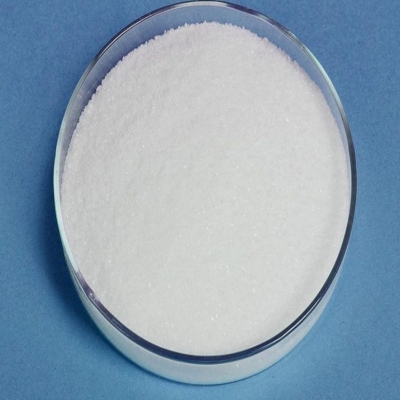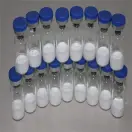-
Categories
-
Pharmaceutical Intermediates
-
Active Pharmaceutical Ingredients
-
Food Additives
- Industrial Coatings
- Agrochemicals
- Dyes and Pigments
- Surfactant
- Flavors and Fragrances
- Chemical Reagents
- Catalyst and Auxiliary
- Natural Products
- Inorganic Chemistry
-
Organic Chemistry
-
Biochemical Engineering
- Analytical Chemistry
- Cosmetic Ingredient
-
Pharmaceutical Intermediates
Promotion
ECHEMI Mall
Wholesale
Weekly Price
Exhibition
News
-
Trade Service
A new study shows that testosterone promotes the proliferation of melanoma by activating the newly discovered non-classical testosterone receptor ZIP9 (encoded by the SLC39A9 gene) in melanoma cells
.
ZIP9 is a zinc transporter and is not the target of any available treatment, but it is widely expressed in human melanoma
Compared with women, men suffer from melanoma and most other cancers more frequently and have worse outcomes
.
The American Cancer Society estimates that by 2021, about 106,110 new melanomas will be diagnosed in the United States (about 62,260 in men and 43,850 in women), and it is estimated that 7,180 people will die from this disease (about 4,600 in men).
For example, about 2580 females)
Dr.
Todd Ridky, associate professor of dermatology at the University of Pennsylvania and senior author, said: "The male hormone testosterone increases the proliferation rate of melanoma cells because it works through ZIP9 rather than the classic testosterone receptor that is well studied in prostate cancer
This finding about ZIP9 may be applicable to most human melanomas
.
This study looked at 98 human melanocyte lesions (common moles, and primary and metastatic melanomas in men and women)
This study shows for the first time that ZIP9 is a determinant of the difference between male and female cancers, and establishes a new mechanism link between male androgen and melanoma pathology
.
These findings are also based on previous research in the Ridky Laboratory at the University of Pennsylvania, where researchers have demonstrated that estrogen signaling inhibits melanin through a non-classical estrogen receptor called G protein-coupled estrogen receptor (GPER) Tumors and other cancers
In some cancers and sex hormones, biological men seem to be at a disadvantage in two respects: they lack the protective effects of non-classical estrogen activity, and testosterone actively makes tumors worse through ZIP9
.
The potentially good news is that both sex steroid receptors may be pharmacologically treatable
The research was funded by NIH/NCI (R01 CA163566, 11 R41CA228695) and the Stiefel Award from the Dermatology Foundation
.
This work was also partially supported by the Dermatology and Disease Resource Center of the University of Pennsylvania (P30-13 AR069589), the Melanoma Research Foundation and the Department of Defense







